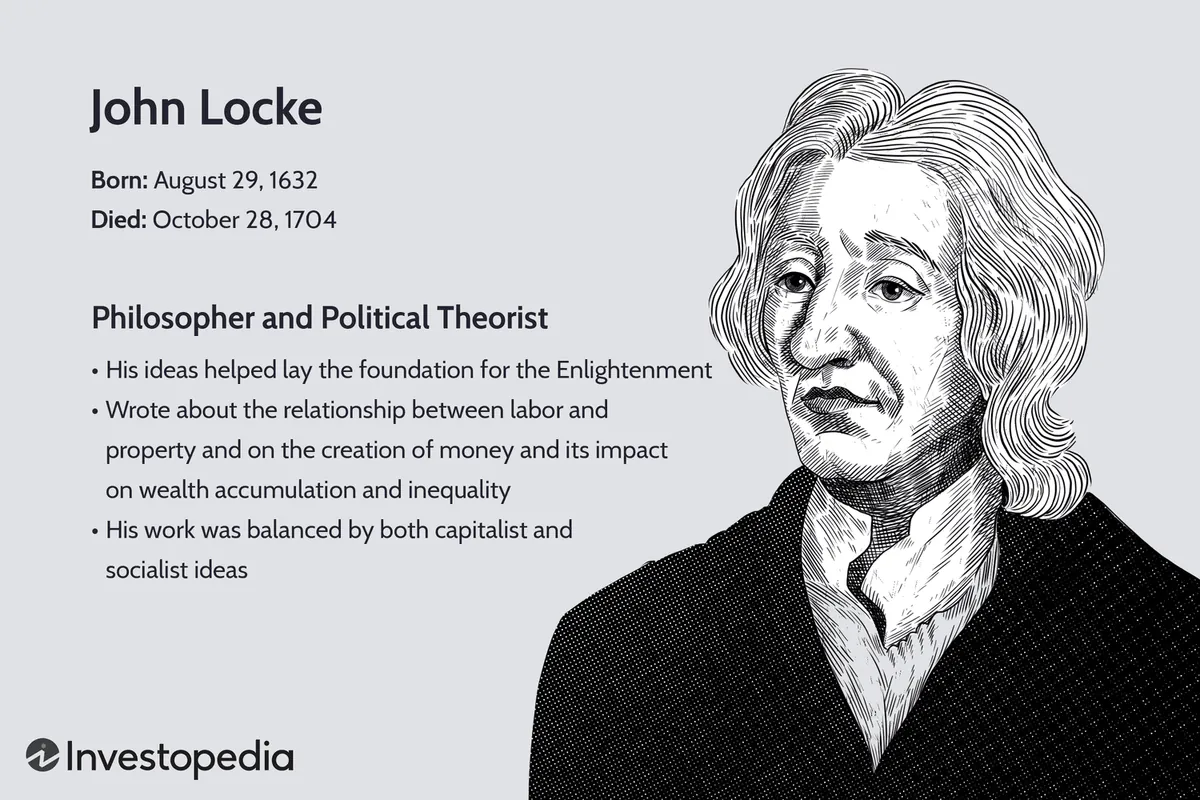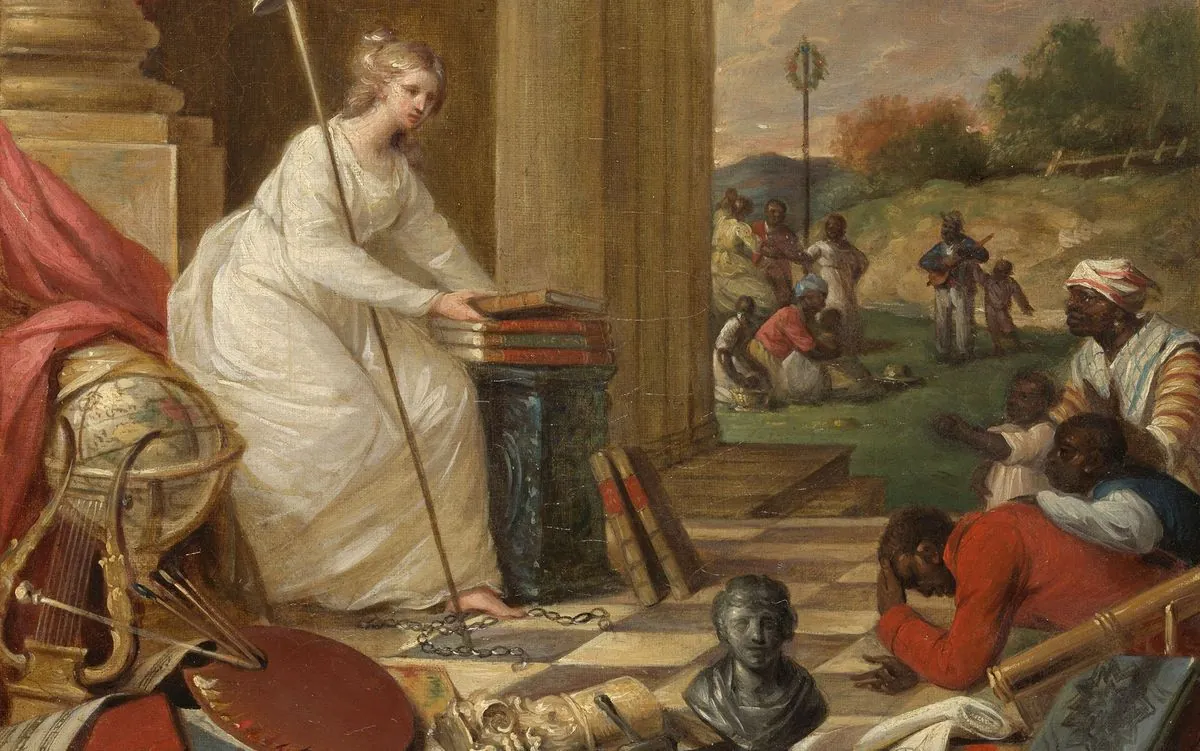Ancient Wisdom on Economic Inequality Resonates in Modern Times
A new book reveals surprising historical support for addressing economic inequality, from Plato to Marx. These thinkers' arguments challenge contemporary ideologies and offer relevant insights for today's economic debates.

David Lay Williams' new book, "The Greatest of All Plagues," offers a compelling exploration of economic inequality through the lens of historical philosophers. This work challenges the notion that concerns about wealth disparity are solely a modern preoccupation.
The book examines the perspectives of seven influential thinkers, including Plato, Jesus, Thomas Hobbes, Jean-Jacques Rousseau, Adam Smith, and John Stuart Mill. Despite their diverse backgrounds and eras, these figures shared a common view of economic inequality as a significant political threat.
Williams uncovers fascinating continuities in their imagery and proposals. For instance, Plato likened extreme economic inequality to a plague leading to civil war, while Hobbes compared it to an excess of blood causing inflammation in the body. Rousseau and Karl Marx employed wolf metaphors to illustrate the predatory nature of greed-driven humans.

These historical thinkers' arguments challenge contemporary ideologies. For example, the "sufficientarianism" view promoted by economists like Tyler Cowen, which focuses on fighting poverty rather than inequality, contrasts sharply with the philosophers' concerns about the broader societal impacts of wealth disparity.
A study correlating first-class airplane seating with air rage incidents supports the historical view that relative inequality matters, even when basic needs are met. This aligns with Hobbes' observation that unequal treatment can be perceived as an insult.
The book also highlights policy proposals that resonate with modern debates. Mill's interest in profit-sharing and workplace democracy, Plato's suggestion for wealth limits, and the biblical concept of debt cancellation all have contemporary counterparts.
"Justice is the one needful thing rather than kindness."
Williams' work serves as a reminder that exploring philosophical history can provide valuable insights into present-day issues. It emphasizes the importance of understanding the reasoning behind policy ideas, not just the proposals themselves.
As we grapple with economic challenges today, the perspectives of these historical thinkers offer a rich intellectual foundation for addressing inequality. Their enduring relevance underscores the timeless nature of the struggle for economic justice and social cohesion.


































